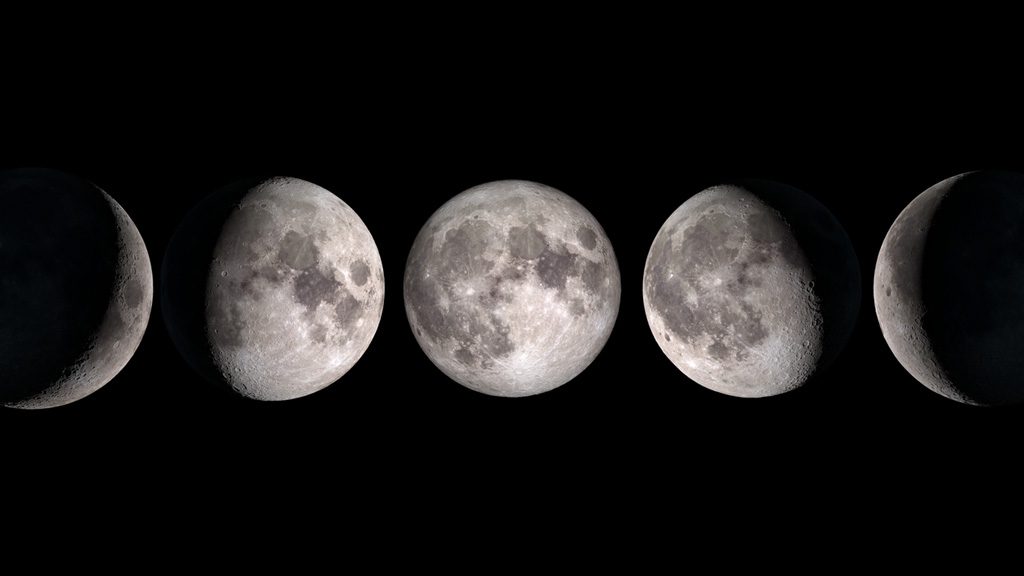Why NASA Wants a Lunar Time Zone
Ever wondered what time it is on the Moon? With lunar missions ramping up, this question is no longer just sci-fi curiosity. The U.S. government is pushing forward a bold plan to create a Coordinated Lunar Time (LTC)—a critical step in managing future moon missions and potential colonization.
A recently advanced bill in the U.S. House, known as the Celestial Time Standardization Act, could soon set this plan in motion.
⏰ What Is the Celestial Time Standardization Act?
On April 29, the House Science, Space, and Technology Committee unanimously passed HR 2313, a bill designed to establish an official lunar time zone. If it clears both chambers of Congress and receives the President’s signature, it would task NASA with defining a precise and universally recognized time standard for the Moon.
Key mandates for NASA include:
✓ Establishing a Coordinated Lunar Time (LTC) system
✓ Ensuring compatibility with Coordinated Universal Time (UTC)
✓ Guaranteeing high precision for space navigation
✓ Making the system scalable to Mars and other celestial bodies
Learn more about the bill’s framework on the official Congress website.
🌍 Why Earth Time Doesn’t Work on the Moon
You can’t just carry your Apple Watch to the Moon and expect it to stay accurate. According to Einstein’s theory of general relativity, time is affected by gravity. Since the Moon’s gravity is much weaker than Earth’s, time actually ticks slightly faster on the Moon—about 58.7 microseconds per day.
While that sounds tiny, it adds up and can create serious issues for navigation, communication, and even landing maneuvers. A reliable lunar time zone ensures precision and safety in deep space.
👉 Learn more about this from NASA’s official timekeeping research.
🚀 Coordinated Lunar Time: A New Era for Moon Missions
As humanity eyes a permanent presence on the Moon, especially through NASA’s Artemis Program, synchronized time becomes crucial. From managing communication satellites to building lunar habitats, a shared time system ensures that astronauts, rovers, and orbiters are always in sync.
LTC needs to be:
✓ Translatable to UTC
✓ Accurate even during communication blackouts
✓ Scalable for Mars and beyond
The Moon is just the beginning.
🧭 Global Collaboration Is Crucial
The bill also calls for NASA to work alongside:
-
International partners (e.g., ESA, JAXA)
-
Academic institutions
-
Private space companies
By aligning with international standard-setting bodies, the U.S. aims to create a truly global time standard—not just for the Moon, but potentially for all future planetary missions.
🇺🇸 Bipartisan Support for Artemis and Lunar Timekeeping
In an era of political division, space exploration remains a unifying mission. The unanimous voice vote for HR 2313 shows strong bipartisan support for lunar exploration, particularly the Artemis mission to return humans to the Moon and establish a long-term base.
During the confirmation hearing for Jared Isaacman, President Trump’s nominee to lead NASA, both Republicans and Democrats expressed interest in the future of lunar priorities.
Isaac man reassured the committee:
“We don’t have to make a binary decision between the Moon and Mars.”
This sentiment aligns well with the goals of LTC, which would pave the way for interplanetary synchronization in the coming decades.
🔍 FAQs About Lunar Time Zones
Q: Why do we need a lunar time zone?
A: With permanent lunar bases on the horizon, having a synchronized time system is critical for navigation, communication, and scientific research.
Q: How does lunar time differ from Earth time?
A: Due to lower gravity, time on the Moon moves about 58.7 microseconds faster per day than on Earth.
Q: Will this system work on Mars too?
A: The LTC system is designed to be scalable and could serve as a model for Mars and other planets.
Q: Who will use lunar time?
A: Astronauts, mission control centers, lunar rovers, and satellites will all rely on LTC for coordinated operations.
Q: Is lunar time already in use?
A: No, but mission-specific time systems exist. LTC would be the first universal, permanent lunar time zone.
💬 What Do You Think?
Should the Moon have its own time zone? How soon do you think we’ll need one for Mars? Drop your thoughts in the comments and share this story with fellow space fans!
Read our previous article: Moon’s Hidden Magma Ocean?
